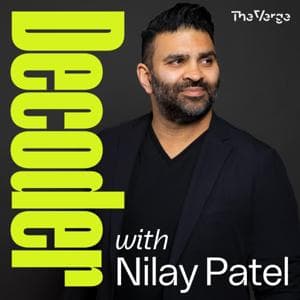The book Collective Wisdom: Co-creating Media for Equity and Justice by the MIT Co-Creation Studio founder Kat Cizek & MIT Open DocLab founder William Uricchio was the named as the recommended book of 2022 by IDFA. They held a launch party during DocLab as well as a couple of different sessions, and I had a chance to catch up with Cizek and Uricchio in Amsterdam on the day of the launch party to get an overview of what they’re covering in their book.
This definition of Co-Creation that they provide in the book gives a great overview of some of the themes they’re covering:
Co-creation offers alternatives to a single-author vision, and involves a constellation of media production methods, frameworks, and feedback systems. In co-creation, projects emerge from a process, and evolve from within communities and with people, rather than for or about them. Cocreation also spans across and beyond disciplines and organizations, and can also involve non-human or beyond human systems. The concept of co-creation reframes the ethics of who creates, how, and why. Our research shows that cocreation interprets the world, and seeks to change
Cizek, K., & Uricchio, W. (2022). Collective wisdom: Co-creating Media for Equity and Justice. page 19. The MIT Press.
Many emerging technologies like virtual and augmented reality naturally lead towards co-creative strategies because it’s such a novel medium that requires a lot of interdisciplinary collaboration. At the beginning of their chapter on co-creation within communities, they point out how the non-fiction and documentary genres are typically early adopters of technology, and how this spirit of innovation often requires a degree of co-creative and collaborative strategies.




































